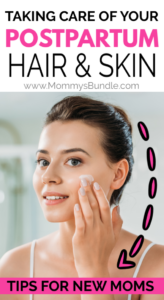
Your body experiences so many changes both during and after pregnancy, that it’s important to provide it with the proper care. Although we commonly hear about care for the baby and birth—with good reason—what about post-delivery?
If you’re looking for more tips to care for your postpartum hair and skin, keep reading to find useful tips on what to expect!
Postpartum Hair and Skincare Tips for New Moms
Care for Your Hair
During pregnancy, you’ve probably noticed positive changes to your hair. The reason? Your body produces higher estrogen levels, which directly affects the state of your locks. During this time, it’s not uncommon for you to see little to no hair loss and an increase in hair growth, but what happens post-delivery?
What to Expect:
Unfortunately, the drop in hormone levels during postpartum can affect over 60% of your hair, leading to what we know as postpartum hair loss.
Luckily, it may not be as bad as you think.
When you’re pregnant, the increased estrogen levels prevent your hair from shedding as much as it usually would. So, while you may feel as though you’re losing a lot of hair during this time, it only feels that way because your hair is making up the lost time.
Don’t worry; you’re not going bald!
How to Help:
Even though you’re unable to prevent postpartum hair loss, you can still control how bad it gets. First, consider a new haircut as it can provide you with many surprising benefits. Giving your hair a fresh start can be just what it needs to begin to mend. Layers, for example, can bring life and fullness back into your hair, or a bold chop can remove all the dead ends.
Be extra cautious about the tools you’re using on your hair. Rough brushing can create unnecessary damage and cause more hair to fall out (I recommend a wet brush or organic detangler to manage instead). And avoid the heat styling as much as possible to protect the integrity of your hair.
Nourishment is key in bringing your hair back to life. Between your diet, supplements, and hair products, there are ways to give your hair the extra TLC it is craving. A variety of fruits, vegetables, and proteins might be one of the best ways to ensure your entire body is receiving what it needs to repair itself. Foods specific to improving hair health are dark, leafy greens, sweet potatoes, and carrots, eggs, as well as fish. Additionally, supplements such as vitamins B, C, and E are excellent options for promoting hair growth.
Finally, don’t forget to treat yourself throughout this process, as well! Hair masks can be immensely beneficial to repairing your hair and provide you with a time to kick back and relax while using one. Whether you DIY or just buy your own hair mask, take the time to give your hair extra nourishment — it will leave your locks healthy for the long-run.
Revamp Your Skincare Routine
Along with your hair changes, you may also experience a difference in your skin while pregnant. During your pregnancy, you may have received compliments that you were “glowing.” This is common for many women due to increased hormones, blood flow, and oil in the skin. Of course, this can change postpartum and might bring you additional changes to your skin, some of which can feel less than ideal.
What to Expect:
A few changes you can expect to see are acne, melasma, and stretch marks. In most cases, acne is caused by inflammation in the skin’s oil glands and can be aggravated by the hormonal changes your body experiences. These hormonal fluctuations can lead to increased sebum production and ultimately clogged pores. Typically, you will see acne develop along the neck and lower area of the face showing as red, raised bumps.
Melasma, also known as “the mask of pregnancy,” causes pigmentation due to increased production of melanin. This is on account of a combination of both genetics and hormonal changes, in addition to exposure to UV radiation. It receives its nickname since it tends to appear in patches along the cheeks, forehead, temples, bridge of the nose, upper lips, and jawline.
Ninety percent of pregnant women will experience stretch marks. This skin condition is a form of scarring that can often show as red or purple marks that are caused by the stretching and tearing of cfollagen and elastin fibers in the skin. While most women can expect to see stretch marks along the belly, thighs, hips, or breasts, it ultimately depends on your genetic makeup and your age.
How to Help:
Finding solutions that work for you and your skin concerns don’t have to be complicated. In terms of acne, it’s essential that you have a consistent skincare routine in place to help clear, repair, and moisturize your skin. If you feel that your acne is problematic or tough to treat, consider speaking with a dermatologist to find an acne treatment with an active ingredient such as niacinamide. This ingredient can help to fight acne-causing bacteria, reduce inflammation, and prevent future breakouts.
Melasma, in some cases, can fade away on its own. If you feel that yours is more stubborn, you can speak to your doctor for solutions. Common treatments for melasma include creams with hydroquinone, a chemical peel, microdermabrasion, or even laser treatments to lighten dark patches. You should also consider limiting sun exposure and introducing a strict sun care routine in your day-to-day.
As mentioned before, the severity of your stretch marks can depend on your genetic predisposition as well as your age. You may see them slowly disappear on their own, but if that’s not the case, some products can help minimize the appearance of stretch marks. By taking steps to help your stretch marks, you will also provide additional care for your skin, leaving you with a healthy and radiant glow.
Take Time for Yourself
With the experience of childbirth, a lot of changes occur to your body. While hair and skin issues are just a few, it’s important to address and care for your wellness as a whole. Caring for a new baby is hard work, so find time in your day for yourself as well. Hydrate as much as you can to fuel your body and flush out impurities (remember, water has immense perks for the skin!) And include a variety of activities whenever possible — gentle exercise, journaling, or even napping as your baby sleeps, can be beneficial in your postpartum recovery. These activities can help to clear your mind, reduce stress, and also boost your mood and energy levels at a time you need it most.
Ana, a mom to three rambunctious little boys, has supported hundreds of thousands of women throughout their pregnancy and motherhood journey since 2012 as a blogger and maternal health advocate at MommysBundle.com.
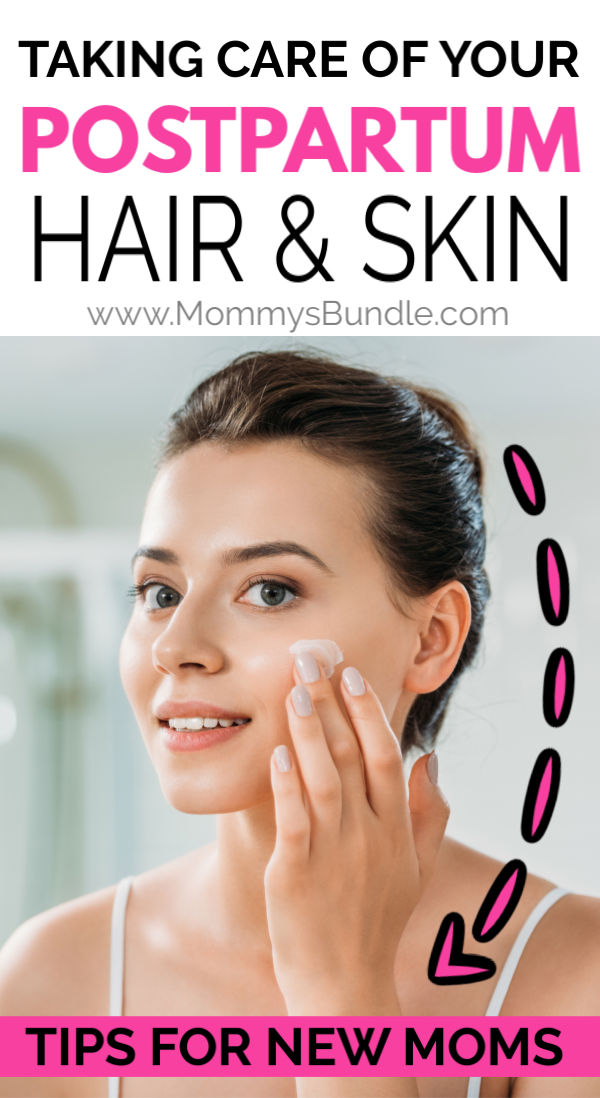

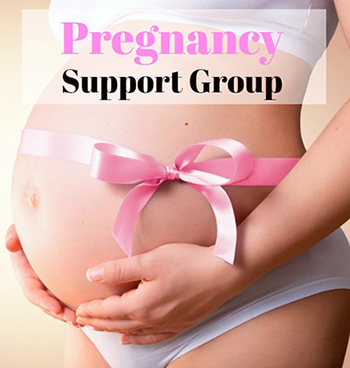
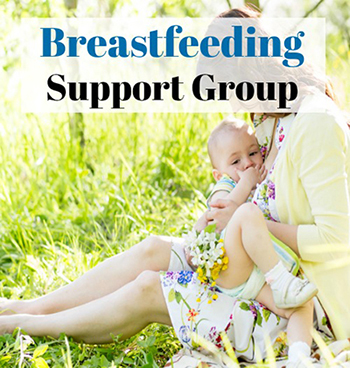
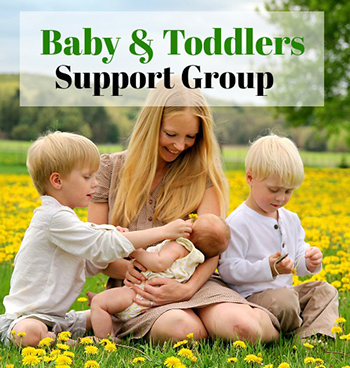
Leave a Reply